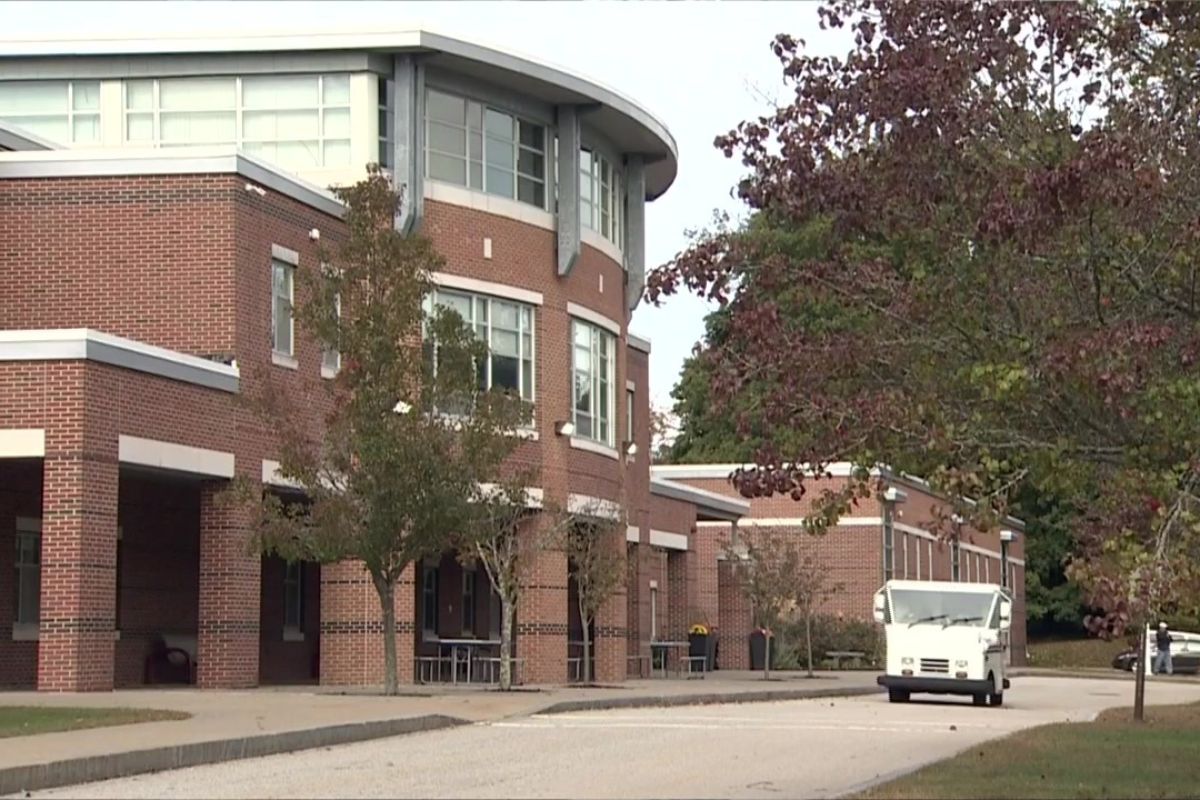Understanding the Hingham High School AI Lawsuit and Its Implications

A high school senior in Massachusetts is in the middle of a court fight over the use of artificial intelligence (AI) in a history class. The case has big effects for education. Parents of the student sued the teacher, other teachers, and a local school group. The case makes people wonder how schools should deal with the growing use of AI in school.
The Incident and Its Penalties
The senior at Hingham High School used AI tools to learn about basketball great Kareem Abdul-Jabbar and plan out an AP U.S. History report on him. His teacher thought it was unethical for him to use AI as a study tool like Google, even though the student said he did.
As a result, the student received several penalties:
- No points for the task.
- He got a C on a term paper, his GPA went down.
- A holdup on Saturday.
- Out for a short time from the National Honour Society (NHS).
These steps have had a big effect on the student’s grades, which, according to him and his family, has made it harder for him to get into top schools like Stanford University.
AI Policy: A Moving Target
One of the most important features of the Hingham High School AI lawsuit is the fact that, until after the student had already been penalized, Hingham High School’s “Academic Integrity: Cheating and Plagiarism” policy lacked new guidelines for artificial intelligence.
This is like changing targets. “Unauthorized use of technology, including Artificial Intelligence (AI) during an assessment” is what the new rule says cheating is.
One of the main points of the family’s case is that the rules were applied backwards. Peter Farrell, the student’s lawyer, says that AI tools were not against the law at the time. “AI isn’t lying,” he said. “A machine generates artificial intelligence.”
Broader Implications for AI in Education
One of the first situations to challenge AI usage policies in educational environments, , this one could also become somewhat regular. Like this case, more schools and companies use AI tools for creativity.
It is important to have clear rules that everyone follows. Farrell says that schools don’t have strict enough or consistent enough rules about AI. “AI is here to stay, it’s everywhere, and it’s going to be a part of everyone’s daily life very soon”.
Schools now have to combine the reality of technology growth with academic ethics. Although some teachers think artificial intelligence (AI) is bad for traditional education, others see that, used properly, technology might increase study and creativity.
Impact on College Applications
The case comes at a very important time because early action college application dates are coming up quickly. For example, many Ivy League schools have deadlines on November 1.
Even though the student got a perfect score on the ACT, they now have to go through the application process with a bad academic record. Adam Nguyen, founder of Ivy Link and an expert on getting into college, said that a lot of top schools are using AI in their rules.
These rules usually let AI be used as long as it is properly cited and original. Although this would not completely solve the issue, Nguyen suggested the student should provide further details on what transpired in his applications.
Inconsistent Disciplinary Practices
Hingham High School AI lawsuit case also reveals that sanctions imposed by the institution are not always equitable. According to the study, other students who had prior trouble—including one for utilizing artificial intelligence—were nevertheless permitted to sign up for NHS.
This difference makes me wonder if the rules are being applied fairly and clearly. The family said that the school staff made “threats, intimidation, coercion, bullying, harassment, and threats of retaliation.” Some people say that the student was picked out wrong, which makes his grades and reputation even worse.
What the Family Hopes to Achieve
Dale Harris, a mathematics teacher, and Jennifer Harris, an author, are working to correct certain items under their names. Some of their objectives are:
- The AP U.S. History mark of the student has to be modified.
- Putting him back on the NHS officially.
- Getting rid of any evidence that he lied in school from his record.
Their argument is that these steps are necessary to improve their son’s grades and give him a good chance to go to college.
The Growing Role of AI in Education
This case has drastically changed public opinion on and control over artificial intelligence in learning settings. Policies of schools have to change to reflect the benefits and disadvantages of creative artificial intelligence as it spreads. Rules must therefore be clear and always observed so that every pupil gets treatment the same.
The difficult part for teachers is ensuring that artificial intelligence is employed as a genuine tool for learning without sacrificing instructional standards. Students will need to know how to utilise AI correctly and follow the previously established guidelines as it is used increasingly in colleges and other environments.
Read Also: Bowie High School Student Dies
A Choice that Will have Long-Lasting Effects
The result of the Hingham High School AI lawsuit case could have big effects on schools all over the country, not just for the Hingham kid. It shows how important it is for institutions to change with the times and make rules that are fair and clear. The kid and his family are waiting for an answer for now so that they can move on with their lives without this issue bothering them.
SHARE
Stay in touch
To be updated with all the latest news, offers and special announcements.







